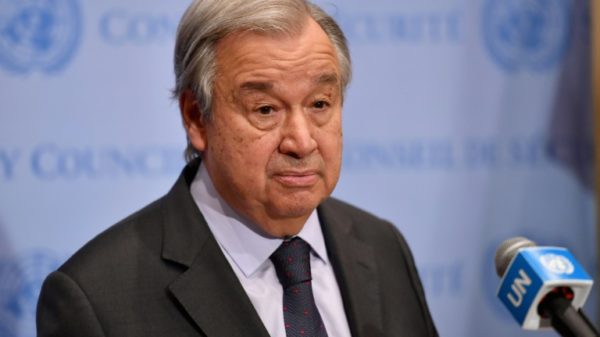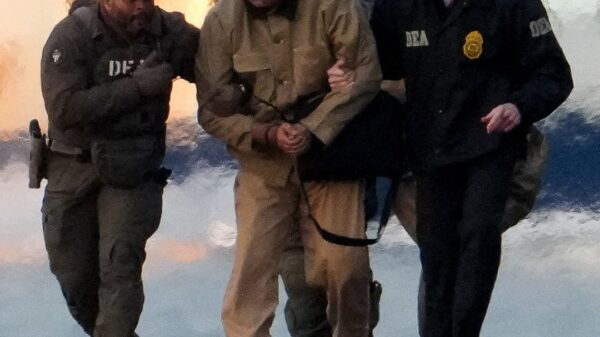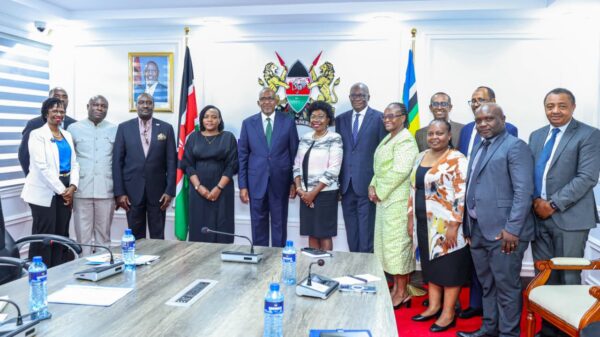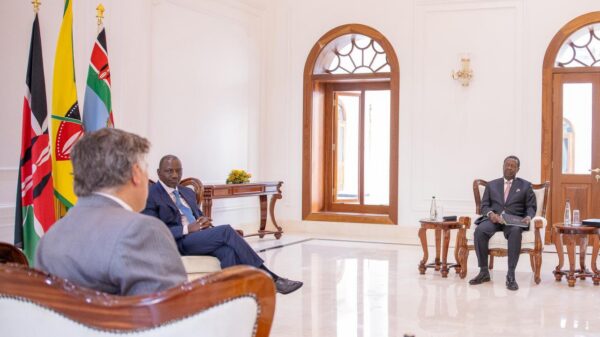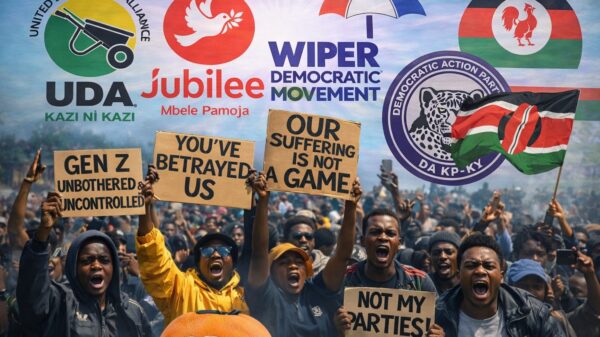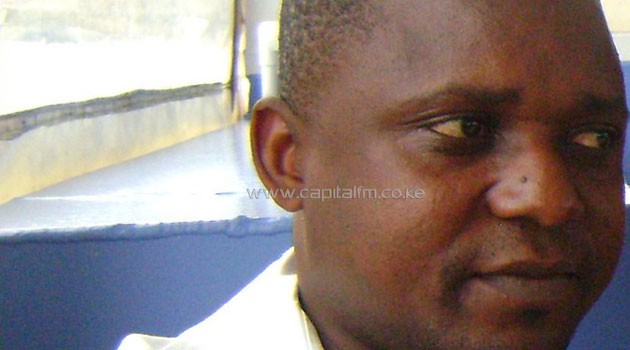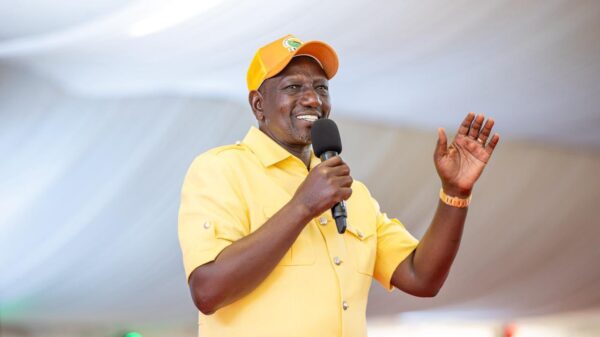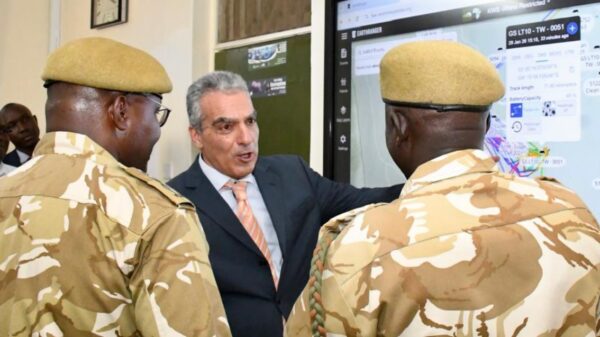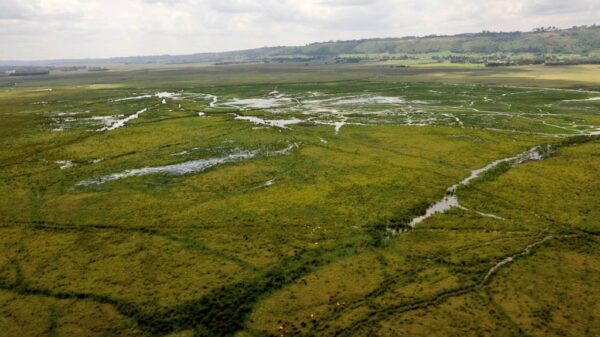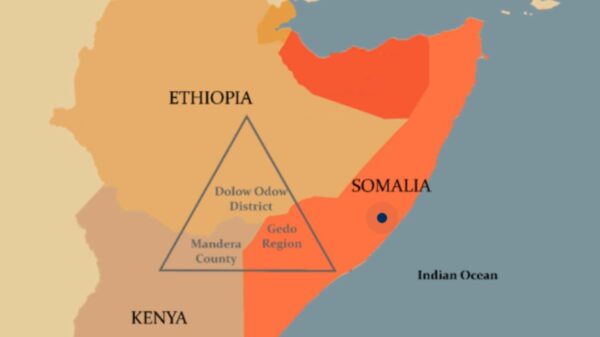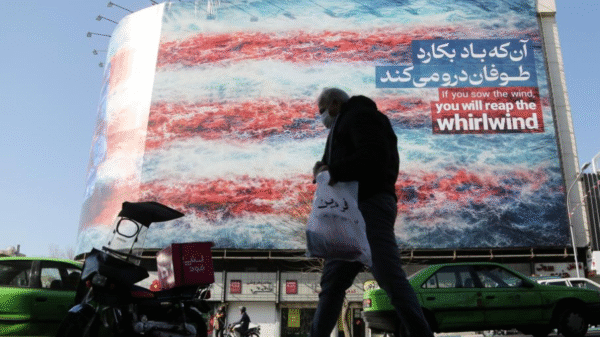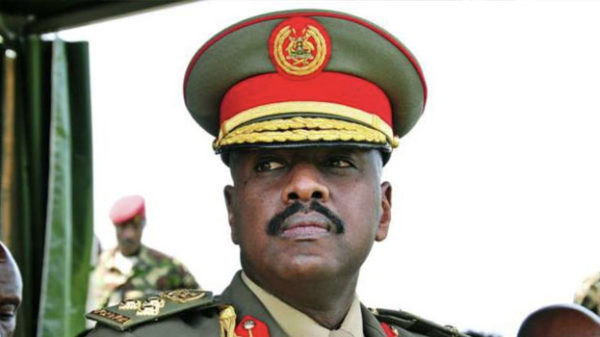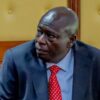Nov 14 – A year after a student-led uprising toppled Sheikh Hasina and brought an interim administration to power in Bangladesh, fresh evidence suggests that extrajudicial killings by security forces have not ended, despite sweeping promises of reform and justice.
The caretaker government, headed by Nobel Peace Prize laureate Muhammad Yunus and sworn in on 8 August 2024, had vowed to dismantle the machinery of state repression that defined Hasina’s long rule. Yet more than a year later, a new report by Bangladeshi rights group Odhikar indicates that while the number of killings has declined sharply, the culture of impunity that allowed abuses to flourish remains largely intact.
From 2009, when Hasina returned to power after six years out of office, to 2022, Bangladesh’s security forces are accused of killing at least 2,597 people through extrajudicial executions, custodial torture, or live fire on protesters, according to human rights data. Those abuses were a major trigger for the mass protests that led to her ouster in August 2024 and raised hopes that the worst excesses of state violence would end under the new administration.
According to Odhikar’s latest report, however, there were at least 40 victims of extrajudicial killings between August 2024 and September 2025 under the Yunus-led interim government. Victims were shot, tortured in custody, or beaten to death in incidents that closely mirror patterns seen under the previous regime. They include political activists, detainees held without warrants, alleged criminals, and ordinary citizens caught up in security operations, based on accounts from Odhikar’s human rights defenders and data reported in the media.
Rights advocates acknowledge that the scale of killings has reduced, but warn that their continuation is deeply troubling. “We are seeing a gradual increase in the number of extrajudicial killings, which is not what we expected,” said rights activist Nur Khan Liton, a member of the Commission of Inquiry on Enforced Disappearances (COIED), a government-appointed body formed on 27 August 2024. The commission was tasked with investigating disappearances under the Hasina government, identifying those responsible, and ensuring justice and reparations for victims and families.
The interim administration, made up largely of academics and former civil servants, had been among the fiercest critics of Hasina’s governance and promised a “Bangladesh free from fear”, in Yunus’s words. Yet the same institutions of coercion – the police, the paramilitary Rapid Action Battalion (RAB), and intelligence units – continue to operate without meaningful reform or strong external oversight, according to rights groups.
In several recent cases, detainees were taken by security forces to army camps, RAB facilities, or police stations and later declared dead in hospital. In July, Asif Shikdar, a youth leader of the opposition Bangladesh Nationalist Party’s (BNP) youth wing, was arrested by joint security forces in Mirpur, Dhaka, reportedly on allegations of illegal arms possession that his family and party insist were fabricated. Hours later, he was taken to Shaheed Suhrawardy Hospital and declared dead, with the death certificate stating only that he was “unconscious on arrival”.
In Italla village near Cumilla, in the south of the country, 40-year-old BNP youth wing leader Towhidul Islam was detained by plainclothes members of a joint force in the early hours of 31 January, according to The Daily Star. He was later declared dead at a local hospital, where doctors and relatives reported visible signs of torture on his body. Towhidul, who worked for a shipping company at Chattogram port, had travelled home to attend his father’s funeral, leaving behind a wife and four daughters.
Public outcry over his death prompted the withdrawal of the local army camp commander and a pledge by the army to deliver justice. The Yunus administration announced an investigation committee. Lieutenant Colonel Sami Ud Dowla Chowdhury, director of Inter Services Public Relations, told Al Jazeera that an inquiry board was convened by the Bangladesh Army and that seven individuals were recommended for administrative action. Disciplinary measures, he said, ranged from dismissal from service to other sanctions.
Odhikar’s data, covering the first 14 months of the interim government, points to an average of three extrajudicial killings per month, with the trend worsening in recent months. Eleven people were killed between July and September alone. Nineteen victims were reportedly shot dead in “crossfire” or “encounters”, 14 were killed under torture, and seven were beaten to death while in custody. These deaths, rights activists say, display familiar hallmarks of impunity: arrests without warrants, denial of due process, and a lack of credible, independent investigations.
In Bhola, an island district in southern Bangladesh, Nazrul Islam died in August 2024 after being arrested over theft allegations and allegedly tortured in police custody. No officer has been charged in connection with his death. In Gazipur, on the outskirts of Dhaka, garment factory worker Habibur Rahman was reportedly shot dead when police fired on a labour protest earlier this year. His killing has not prompted a judicial inquiry or any form of accountability.
Odhikar’s report also highlights structural failings. Although Bangladesh has ratified the United Nations Convention Against Torture and its Optional Protocol, the organisation notes that the country still lacks an effective mechanism to hold law enforcement officers to account for abuses. Speaking to Al Jazeera, Odhikar’s director of advocacy and campaigns, Taskin Fahmina, described the persistence of killings as “worrying but not entirely surprising, considering the institutional legacy”.
She noted that the overall numbers have fallen compared with Hasina’s era, and that enforced disappearances – which were systematic under the previous government – have not been documented under the interim administration. “During the previous government, killings and enforced disappearances were systematic, directed from high levels of power. Under this government, we haven’t documented enforced disappearances. That’s a positive shift,” she said.
However, she pointed to an incident in July when security forces clashed with supporters of Hasina’s Awami League in her home district of Gopalganj, leaving five people dead from gunshot wounds. Such episodes, Fahmina argued, show that the use of lethal force remains entrenched. She added that the long-term involvement of the military in domestic law enforcement has undermined professionalism. The army has been deployed on Bangladesh’s streets since July 2024, after the protests that toppled Hasina, amid a police collapse that included a nationwide strike and abandoned stations.
“The army is not trained for civilian law enforcement. Long deployment in the streets has affected their discipline,” Fahmina said. On 5 November, Brigadier General Dewan Mohammad Monzur Hossain, director of military operations, said the army had received orders to withdraw 50 percent of its personnel from field duty.
Under Hasina’s 15-year rule, critics say an entrenched culture of impunity among security forces corroded democratic institutions and normalised state violence. Thousands were allegedly abducted or killed, often with little or no investigation. The overthrow of her government was therefore seen domestically and internationally as a symbolic break with that era. Yunus’s appointment was hailed as a moral turning point, and his advisers promised security-sector reform, transparency, and justice for victims of past abuses. Analysts now say that moral authority has not always translated into effective control over powerful security institutions.
The COIED has so far recorded 1,752 cases of enforced disappearances during Hasina’s tenure. Many victims were allegedly held in secret detention and some killed, while 330 people remain missing. The RAB, the police, and the Directorate General of Forces Intelligence (DGFI) – the military intelligence agency that traditionally reports directly to the Prime Minister’s Office – have all been accused of involvement in killings and disappearances. RAB remains operational despite sanctions imposed by the United States in 2021 over extrajudicial killings.

